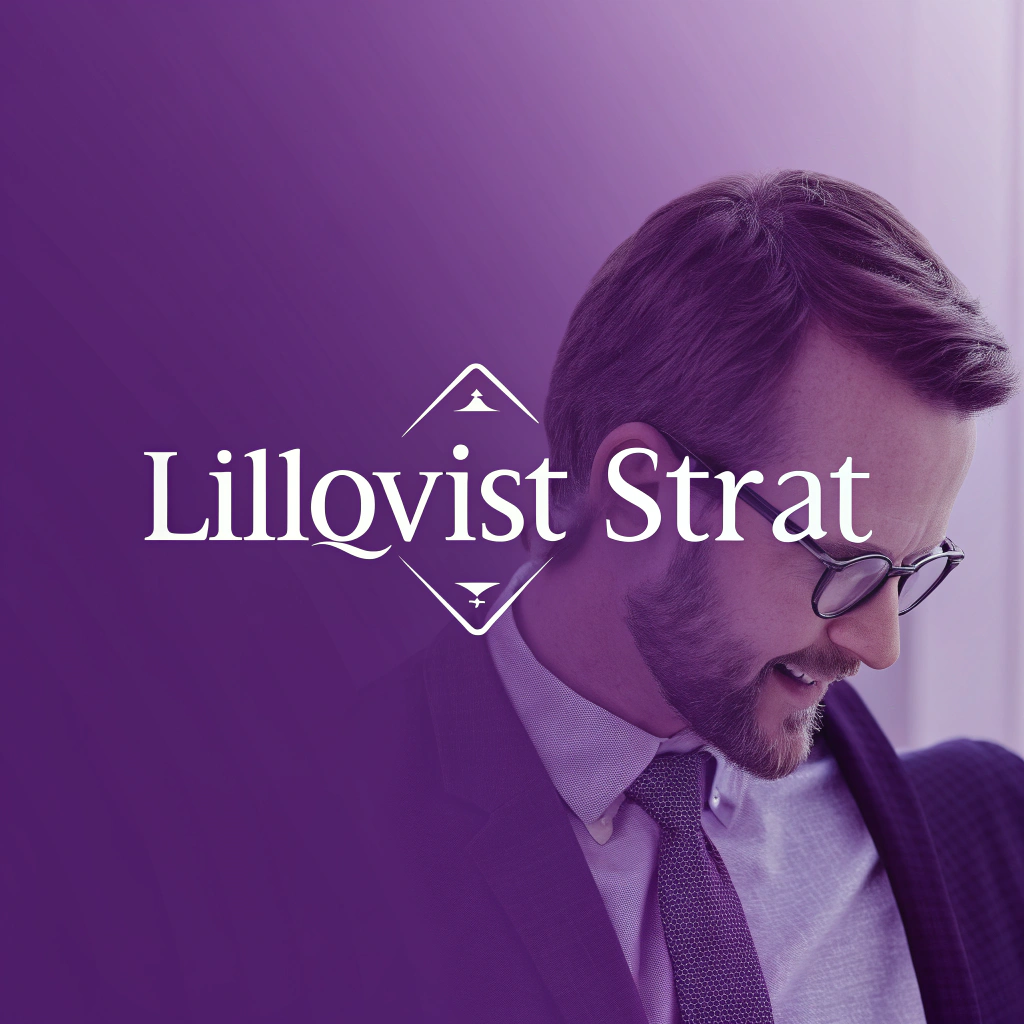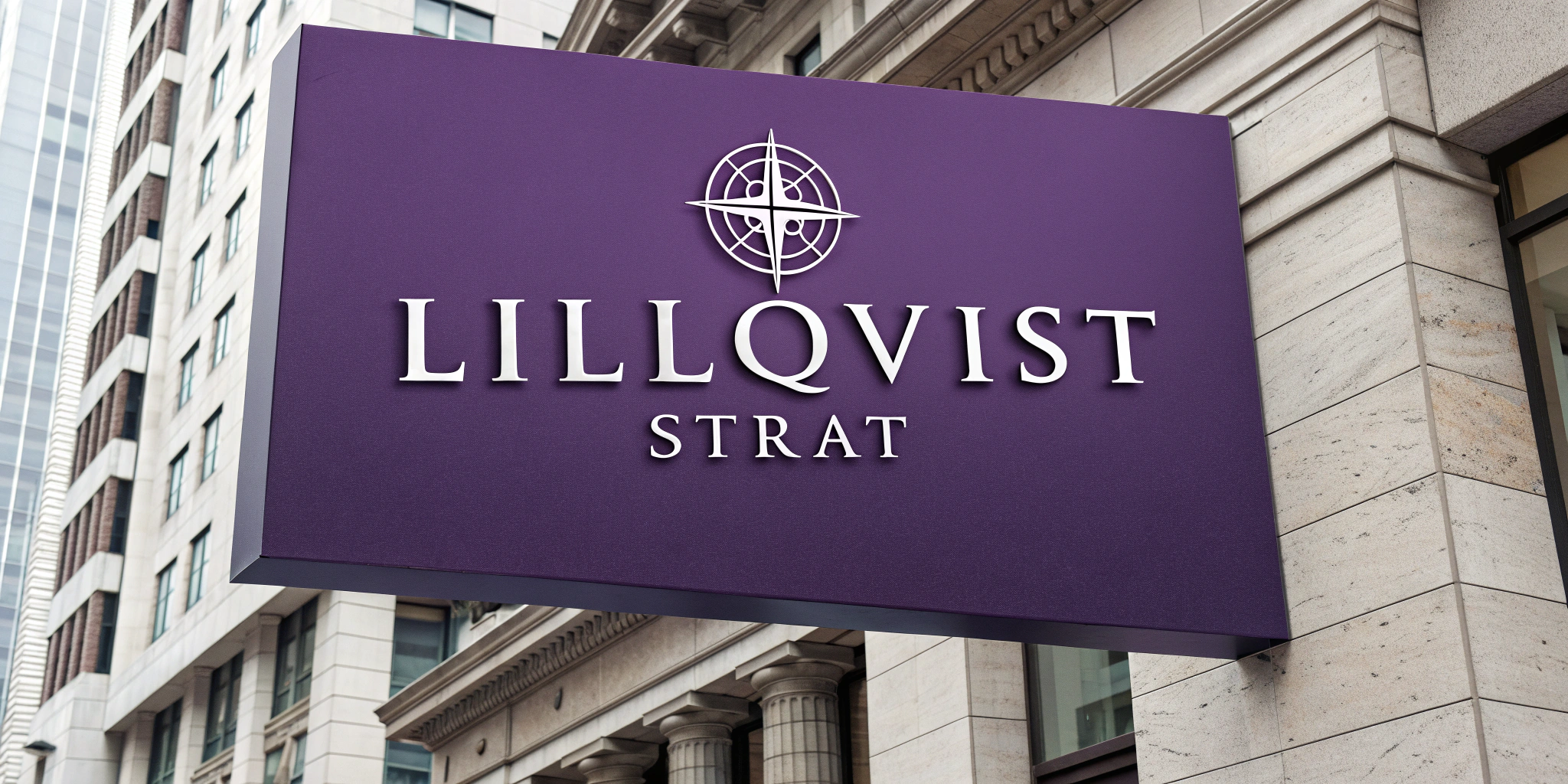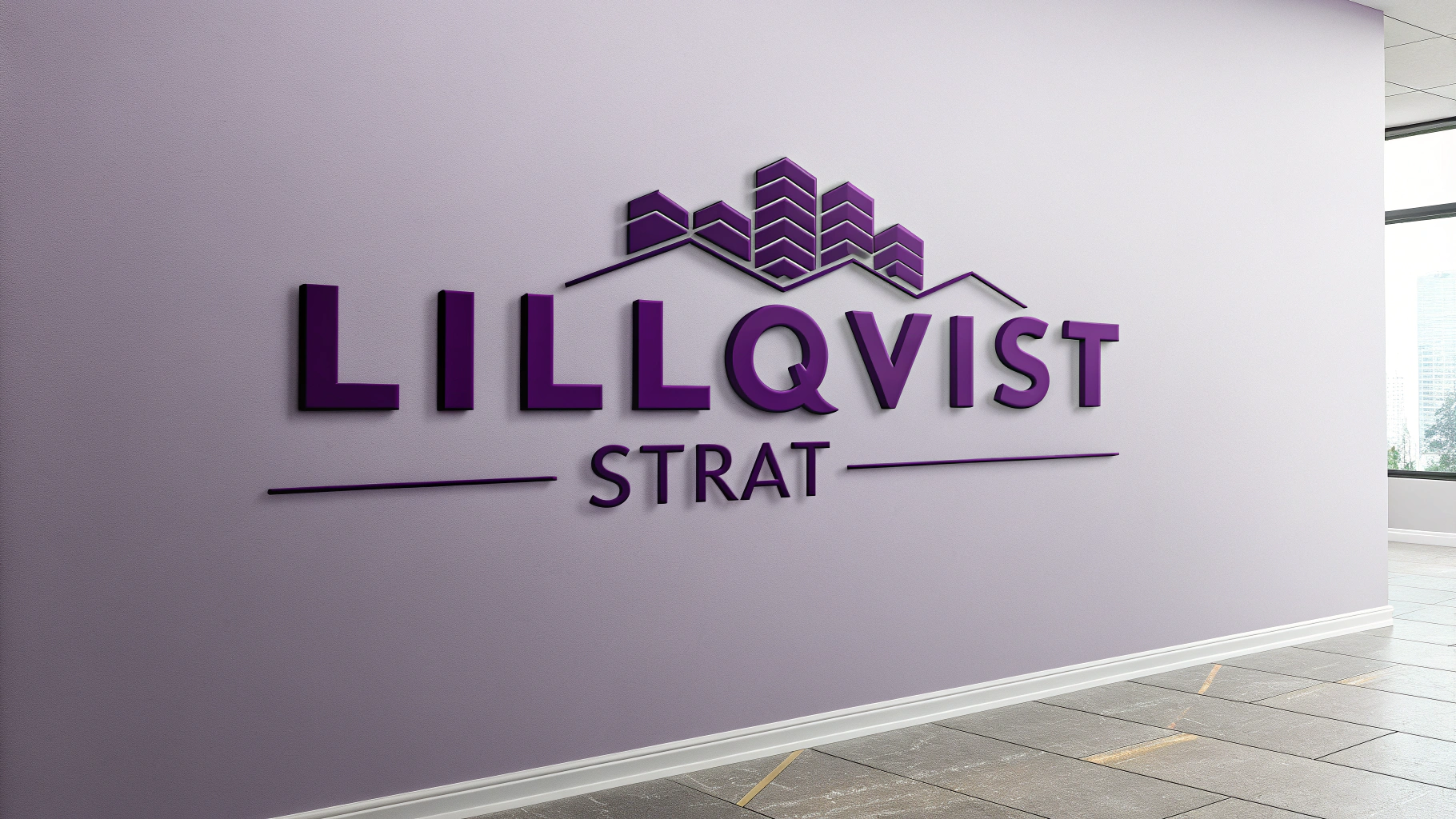In today’s highly competitive retail landscape, delivering personalized experiences to customers is essential for driving sales and enhancing customer loyalty. Traditional approaches to customer segmentation often rely on simplistic demographic data, but with the power of machine learning and AI, retailers can now segment customers based on more granular, data-driven insights, such as purchasing behavior, preferences, and other key factors.
By using AI to create sophisticated customer segments, retailers can tailor promotions, optimize marketing strategies, and ultimately improve conversion rates and return on investment (ROI). This article will explore how AI can revolutionize customer segmentation in retail promotions and the potential benefits it brings.
1. Machine Learning for Customer Segmentation
Machine learning enables businesses to analyze vast amounts of customer data and identify distinct patterns that might not be immediately obvious through traditional segmentation methods. AI algorithms can examine a range of variables such as purchasing history, product preferences, browsing behavior, location, and demographics to create detailed customer profiles.
Once the data is processed, machine learning models can automatically group customers into meaningful segments based on shared characteristics and behaviors. This process allows retailers to move beyond broad categories like age and gender, focusing instead on specific needs and preferences that can drive personalized promotions.
Example Code for Customer Segmentation Using K-Means Clustering:
import pandas as pd
from sklearn.cluster import KMeans
from sklearn.preprocessing import StandardScaler
# Sample customer data (purchase history, age, income, etc.)
data = {
'Age': [25, 34, 28, 45, 60, 22, 40, 30, 35, 50],
'Income': [40000, 60000, 35000, 80000, 100000, 30000, 70000, 50000, 55000, 90000],
'Average_Purchase': [120, 200, 150, 300, 450, 100, 250, 180, 210, 400],
}
# Convert the data to a DataFrame
df = pd.DataFrame(data)
# Normalize the data for better clustering performance
scaler = StandardScaler()
scaled_data = scaler.fit_transform(df)
# Apply K-Means clustering to segment customers into 3 groups
kmeans = KMeans(n_clusters=3, random_state=42)
df['Segment'] = kmeans.fit_predict(scaled_data)
# Display the customer segments
print(df)In this example:
- Customer data is loaded into a pandas DataFrame, including features such as age, income, and average purchase value.
- The data is scaled using StandardScaler for better clustering performance.
- K-Means clustering is applied to segment customers into 3 groups based on their purchasing behavior and demographic attributes.
The result is a DataFrame that includes customer segments, which can be used for targeted promotions.
2. Automating Targeted Promotions
Once customers are segmented, AI can automate the process of generating targeted promotions for each group. For example, customers with a high average purchase value could receive exclusive discounts on premium products, while those with lower purchasing frequency might be encouraged to buy more frequently with special offers or time-limited deals.
Using machine learning, promotions can be personalized to each customer’s unique preferences. These automated, targeted campaigns can be deployed through various channels, including email, mobile apps, and websites.
Example Code for Automating Personalized Promotions:
# Define promotional offers for each segment
promotions = {
0: 'Exclusive 20% off on all premium products!',
1: 'Buy 1, get 1 free on your next purchase!',
2: 'Earn 10% cashback on your next order!',
}
# Assign targeted promotions based on customer segments
df['Promotion'] = df['Segment'].map(promotions)
# Display customers with their targeted promotions
print(df[['Age', 'Income', 'Segment', 'Promotion']])This script:
- Defines different promotional offers for each customer segment.
- Automatically assigns promotions to customers based on their segment.
- Displays the customer’s demographic data along with their personalized promotion.
3. Boosting Conversion Rates with Personalized Offers
Personalized offers are more likely to resonate with customers because they address their individual needs and preferences. AI-driven segmentation allows retailers to identify which promotions will be most effective for each group, resulting in a higher conversion rate.
For instance, a customer who frequently purchases organic products could be targeted with discounts on organic items, while a customer who prefers high-end electronics could receive offers for the latest gadgets. Personalized marketing efforts increase customer engagement and the likelihood of a sale, ultimately boosting conversion rates.
4. Improving Marketing ROI
AI-powered customer segmentation and automated promotions help retailers increase their marketing ROI by targeting the right customers with the right offers. By avoiding generic mass-marketing approaches and instead focusing on personalized promotions, retailers can ensure that their marketing budget is spent efficiently, driving higher returns from their campaigns.
AI also provides real-time feedback and optimization, allowing businesses to adjust their strategies as needed. For example, if a certain promotion is underperforming, AI can suggest adjustments, such as altering the offer or targeting a different customer segment.
5. Benefits of AI-Driven Customer Segmentation in Retail
- More Accurate Segmentation: AI can analyze complex customer data and create more nuanced customer segments compared to traditional methods.
- Increased Conversion Rates: By delivering the right offers to the right customers, AI helps boost conversion rates and drive sales.
- Improved Marketing Efficiency: AI automates the process of creating personalized offers, saving time and resources while ensuring promotions are effective.
- Enhanced Customer Loyalty: Targeted promotions create a more personalized shopping experience, which can increase customer satisfaction and loyalty.
- Data-Driven Insights: AI provides actionable insights into customer behavior, allowing businesses to make more informed decisions and continuously improve their strategies.
6. How Lillqvist Strat Can Help
At Lillqvist Strat, we specialize in harnessing the power of AI and machine learning to help businesses optimize their retail marketing strategies. Our team can help you implement AI-driven customer segmentation, automate personalized promotions, and ultimately improve your marketing ROI.
By leveraging our expertise in data science and machine learning, we can ensure your promotional efforts are targeted, efficient, and effective. Let us help you stay ahead of the competition with intelligent, data-driven marketing strategies.
Conclusion
AI-driven customer segmentation is transforming the way retailers approach promotions. By leveraging machine learning to analyze customer data, businesses can create highly targeted offers that increase conversion rates, boost sales, and improve marketing ROI. If you’re looking to enhance your retail marketing efforts and deliver personalized promotions to your customers, Lillqvist Strat is here to help. Our AI-powered solutions are designed to optimize your retail strategies and ensure you get the best possible results.

Lillqvist Strat consults on business developement, software projects, automation, SOPs, analytical tools and more.
Contact me today to get started on our journey to higher profits, more revenue and happier employees!
Go to Contact now



